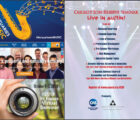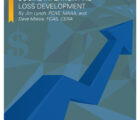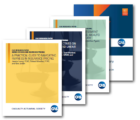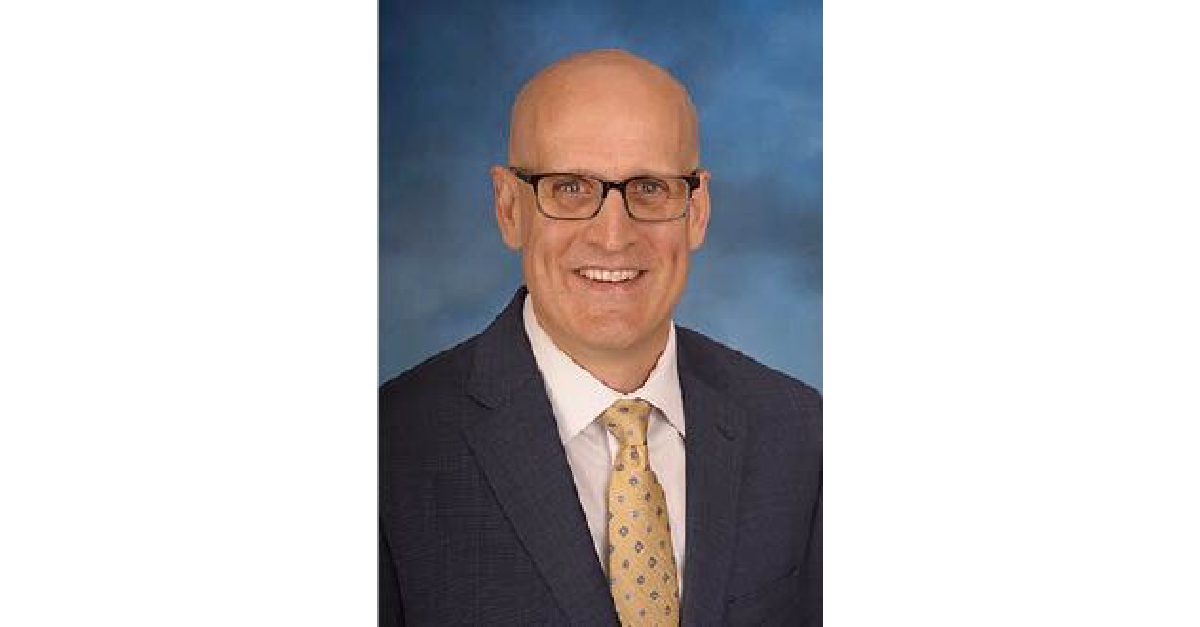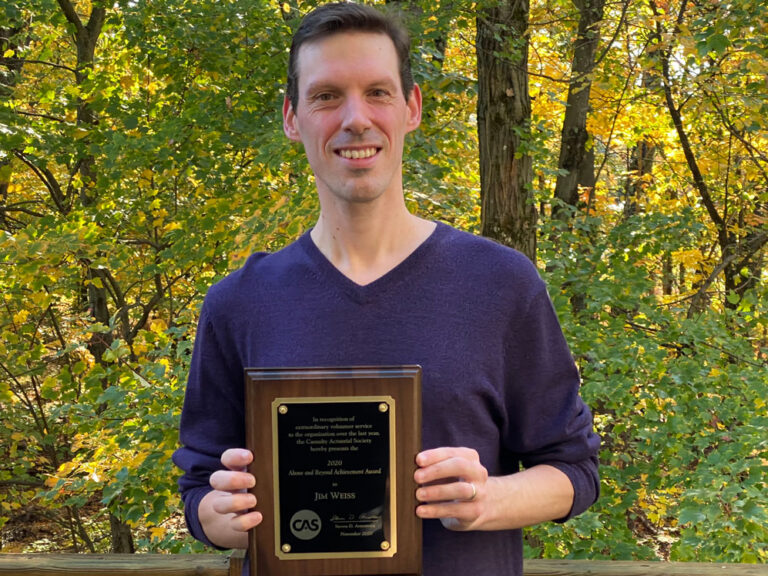
You might have noticed that the CAS has been receiving more frequent coverage in major publications, including TechCrunch, Forbes, Yahoo! Finance, Bloomberg and Business Insider in recent years. VP-Research and Development Jim Weiss attributes some of the recent uptick in media mentions to the incredible work being done in the research arm of the CAS.
“Our internal metrics suggest we are outputting at a relatively strong velocity, and one area of particular strength is the visibility we have been achieving around our work. This indicates that our problem diagnoses on topics such as wildfire mitigation and social inflation have been resonating.”
The CAS research organization includes volunteer working groups geared toward ratemaking and reserving, related task forces that handle prizes and grants, and an extended network of freelancing contractors and volunteers who pitch in as the need arises. Weiss and CAS Staff Research Actuary Brian Fannin help steer the organization along with the volunteer chairs and staff leads of its different subunits.
“Brian really manages most operational aspects of the organization, including ideation,” Weiss said. “My role involves helping Brian translate the board’s strategies into an ongoing operating plan and coordinating the various pieces of the organization to march in parallel toward executing that plan.”
The VP role also involves financial responsibilities, including the oversight of the utilization of the CAS research budget, which is supported by member dues.
Weiss’s goals as VP, which by extension reflect the goals of the research organization, align closely with the CAS Strategic Plan’s pillar Building Skills for the Future. These goals include delivering a reasonable balance of content across the three future skills areas of analytics, problem solving and domain knowledge. He also aims to find markets for the content inside and outside the profession, which involves working closely with counterparts in the CAS marketing and communications department to spread the word.
“We are collectively working toward a future where, whenever members are wrestling with new problems, they and their organizations know to tap into CAS research for solutions. The solutions might come from 30,000 feet with thought leadership, 5,000 feet with technical and business analysis, or grassroots with code — maybe even all of the above.”
Weiss most enjoys the calls for essays and papers involved in his arena.
“One of my favorite papers ever, which was authored by current CAS President Roosevelt Mosley, came through a call for data management papers in 2012 and contained insights about Twitter mining that scaled perfectly to insurance problems,” Weiss said.
“Working groups play a critical role in drafting calls that resonate with the membership, and they work with respondents to review, refine and ultimately publish the work. The most practical or innovative work earns cash prizes. Right now, multiple working groups are collaborating on a call for essays on the topic of social inflation. I have high expectations for what will come of the effort and would encourage anyone reading this article to consider submitting an entry.”
Weiss is proud of the way volunteer and staff leaders have been very creative and resourceful about how the organization sources and delivers content.
“For example, deliverables now include software apps and firsthand surveys we develop,” Weiss said. “Our volunteer and staff leaders are doing everything they can to make sure we create content that stands the test of time, and until we find out how much does — the effort is what I am the proudest of.”
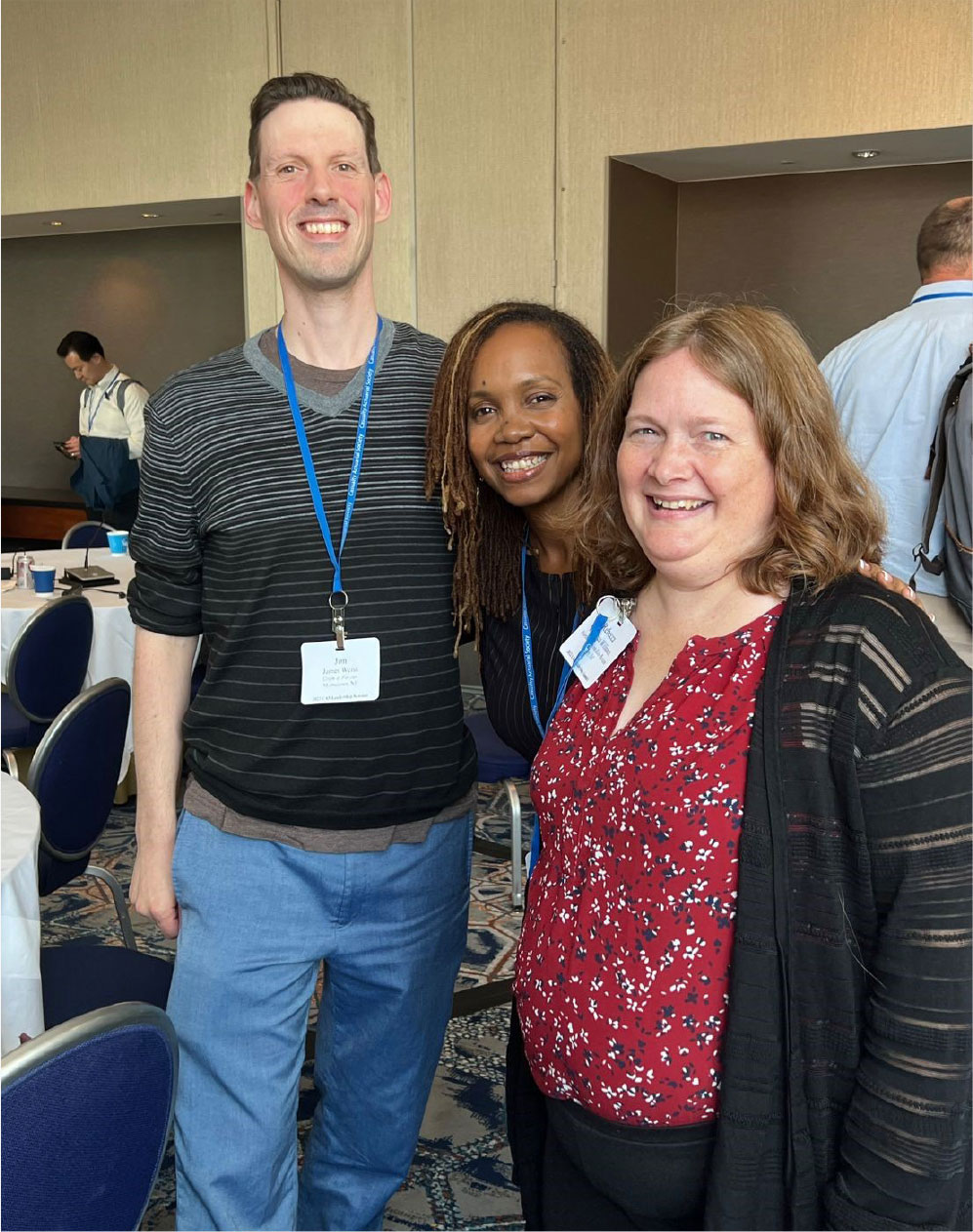
Early in Weiss’s career, several mentors, including a former CAS VP-Research and Development, encouraged him to get involved and connected him with opportunities that aligned with his interests and personal development trajectory. This gave him familiarity with different verticals of the CAS organization — including research, professional education and admissions. His first formal leadership role in the national organization was chairing the Microinsurance Research Working Party, during which time he and his teammates created several trade media pieces that helped bring attention to an emerging practice area in developing nations that many members in North America were previously unaware of.
“This also helped raise our own visibility in the research and broader organizations, and I personally was very fortunate to get the call for the VP role in 2020,” Weiss said.
In addition to appreciating the rewarding aspects of being a volunteer leader, Weiss was drawn to this particular VP role because of the opportunity to work closely with Fannin.
“He literally wrote the book on critical aspects of actuarial science; getting to work with him day-to-day seemed better than simply buying the book (R for Actuaries and Data Scientists with Applications to Insurance) on Amazon — although I would recommend doing both,” Weiss said.
He was also intrigued by the position because he firmly believed that ideas and approaches, like the ones he and his teammates workshopped on the microinsurance initiative, could help stoke the embers of already excellent work taking place in other areas of the research organization. He was excited to put this belief to the test.
Weiss graduated from Manhattan College with a B.S. in mathematics and no actuarial exams in 2003. An organization called ISO, now known as Verisk, hired Weiss, and he ended up staying there 15 years while obtaining his FCAS and CPCU designations along the way.
He joined Crum & Forster right before the pandemic and formed a predictive modeling team within one of its commercial segments.
“These are two first-rate and very different organizations, but two commonalities between them are that both took a chance by investing in me when I was relatively unproven for the role, and both are supportive of CAS engagement and the value that brings back to the daily work,” Weiss said.
Weiss encourages members who want to make their way up to volunteer leadership roles to be themselves.
“I was initially surprised when I was called upon as a volunteer leader because I do not have an extroverted personality and sometimes struggle with when I should assert myself versus stand down,” Weiss said. “Volunteering is a good way to gain confidence and self-awareness, but it is not going to drastically change who you are — and it never should. The CAS is an organization where, if you are who you are and give what you can, there will be a lot of people, including some of your idols, who see you and help you on your journey.”








